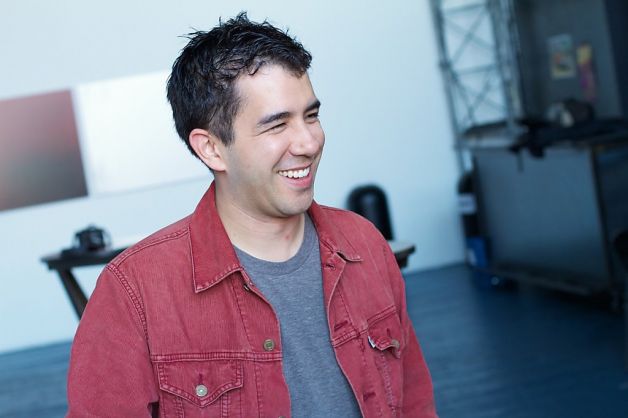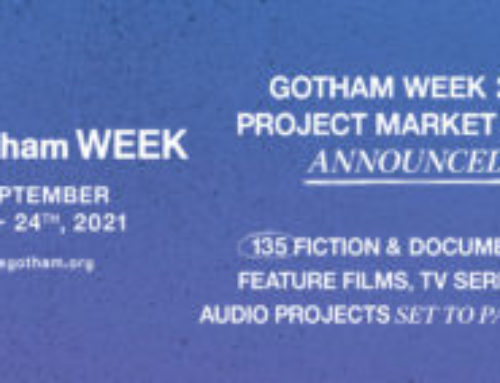by Chad Jones
A precocious kid, Christopher Chen planned to do it all. The San Francisco native was going to compose great music not on the piano but on his trusty cello. That didn’t work as well as he’d hoped. He did some filmmaking at Lowell High School, but film equipment proved too expensive, so he dabbled in theater.
As an undergrad at UC Berkeley, Chen faced a decisive moment in his life as an artist: He was working with the Asian American student theater group Theatre Rice, taking directing classes from John Fisher and playing cello in an orchestra. Because of time constraints, he couldn’t do theater and cello. He chose theater.
“I think originally wanting to be a composer had something to do with always wanting complete control of the vision,” Chen says at an Outer Sunset cafe not far from his grandmother’s old house. “I had been interested in so many kinds of art – film, poetry, music, literature, theater – and began to realize that plays were the way I could combine all those impulses. They’re visceral and heady at the same time. And the playwright is in control of building the world. I love, love, love doing this.”
Part of Chen’s enthusiasm stems from the “total-immersion theater,” as he puts it, he’s creating with director Desdemona Chiang for Crowded Fire Theater. It’s called “The Hundred Flowers Project,” and it’s a complex tale of creating theater and deconstructing Mao Zedong’s Cultural Revolution. There’s a lot of intellectual, meta-theatrical substance, and some wild, head-spinning surprises.
Chiang, who met Chen through the Asian American Theater Company, points out that he has created a “full-on Aristotelian drama.” “Aristotle requires six elements: plot, character, theme, language, spectacle and music. You’ve got them all,” she tells Chen.
I love Pinter,” he says. “I also love ‘The Lion King.’ This is a little bit of both.”
Chen, 30, says he trusts his audience to follow the emotion of the story and the characters even as the play moves from naturalism to a labyrinthine tangle of heightened language, history and big ideas. “If the play can operate on enough layers simultaneously, it can operate on different levels of the audience as well,” Chen says.
Chiang, 32, the one who has to sort through the intricacies of Chen’s script and make sure the audience sticks with all stylistic and thematic twists and turns, has a simple approach. She calls it the “Grandma Rule.”
“Even with a play like this, which is incredibly smart, intellectual, dynamic, spectacular and intimate, when my grandma comes, she has to understand it,” Chiang says. “That’s a fundamental benchmark for me, to honor everything the playwright offers and make it accessible. It’s not at all about dumbing it down but more about locating where the urge of the play comes from, the engine of the play.”
Chen’s previous play, about Iris Chang, author of “The Rape of Nanking,” dealt with modern China, a topic that has long interested him (his mother is white and his father had lived in China under Mao). There was plenty more for him to explore, and the more he learned about Chairman Mao, the more he saw a play.
“Mao conducted one of the greatest social experiments in all of human history,” Chen says. “He actually had, via his wife, propaganda plays created. That was interesting. But the more I dug into his reign, I was struck by how much he was almost making this massive theatrical production out of his entire country.”
So Chen created a group of people creating a play together. Then that morphs into a propaganda play about the making of the play before becoming something totally different. “I thought, ‘I can make this the Asian “Marat/Sade!” ‘ ” Chen says.
Chiang recalls an early conversation she had with Chen that has stuck with her and helped her shape the experience of the play.
“Chris said he wanted the audience, after seeing the show, to have gone through the emotional arc of the people in China during Mao’s reign – feel the optimism, confusion and horror before realizing at the end it was a sham,” she says. “The play is only 90 minutes, but it’s so full of things I’ve never seen in a play before that it feels like five years. In a good way.”
http://www.sfgate.com/performance/article/Flowers-All-Mao-s-world-is-a-stage-3978769.php



